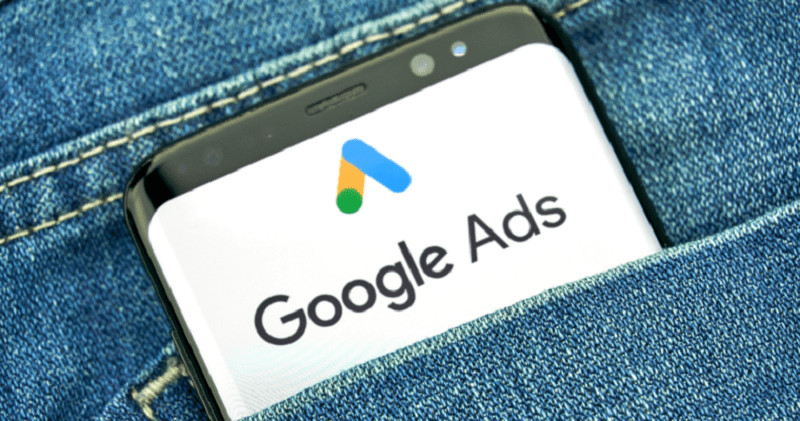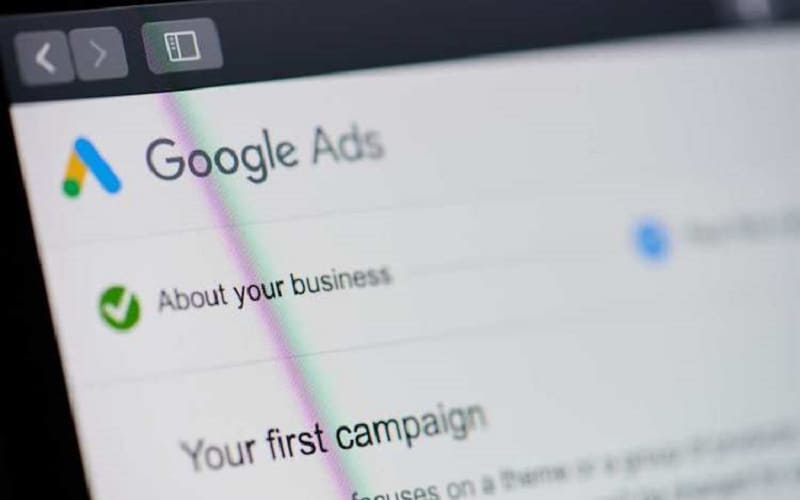Optimisation is a mysterious term, one which finds its way into all branches of digital marketing. Optimised how? Optimised for whom? Depending on the diagnostic tools you’re using to improve online presence, issues and suggestions will vary as will the results.
Completing items on a checklist feels instinctively good, and 100% scores make us feel all warm and fuzzy. Nevertheless, it’s not always in your best interest to act on all the Google ads advice you’re given. Real-world results matter more than green ticks and blue numbers.
While repair recommendations improve performance, strategic suggestions should be considered more carefully. Nobody knows your business goals better than you, including Google. Here is why you shouldn’t implement all google ad optimisation recommendations.
Google Ad Objectives don’t reflect your Goals
Quite a few optimisation recommendations will steer you towards automated strategies, effectively letting Google Ads takes the reigns. While novices may be happy for the help, the more experienced will recognise that google ad objectives aren’t always reflective of your own.
Google Ads will repeatedly suggest making changes to bidding strategy, namely increasing your limited budgets and keyword bid amounts. Be especially careful around the one-click apply features, as you may actually be authorising far greater changes than the suggestion box seems to suggest.
There is an intimidating number of metrics in the Google Ads interface, though you won’t find the most important one for your business: profit. Clicks are how Google makes money, so they will focus on maximising bids. Conversely, your main goal is to maximise profit, thus you should continuously evaluate ROI against the recommendations that Google Ads gives you.
Googles Bidding Strategy & AI
Google’s ad AI is extremely powerful when it has the right data and your product or service is something that Googles AI can accurately predict and extrapolate a method to the madness. There are degrees of automation that can be given to Google to improve or maintain your ads. Giving Google the least control or using manual bidding is not something that google recommends although in the real worlds one sure way to get impressions when everything looks fine but your ad is not being shown is by manually increasing your bid.
The next level of automation is where you allow Google to Optimise for Clicks, this method uses some AI to show the ad to people that are more likely to click, here you can set a limit to the amount your willing to pay for a click. With more control to Google’s AI and less to you we have Conversion optimization. This takes for granted that your using the right action for a conversion, are correctly tagging this action and attributing these results correctly to a conversion. Only then can Google’s AI optimise for conversions with anything resembling accuracy. Often the conversions are not being tracked correctly, so then what is Google really optimizing for when it’s looking for a conversion? Then on an even more automated level we have dynamic and discovery campaigns. Here Google really shows what it wants to whomever it wants, and you don’t even choose what the ad looks like.
Google’s ad AI is not all bad though. Used in a mix of ad campaigns and only on actions and conversion goals that have proven to work and are quantifiable, here Googles automation can really improve your conversions and replicate what’s going right.
Unnecessary Spending
One of the first recommendations you’ll get in Google Ads in to increase your bids. Increasing your bids can help you improve Ad Rank and click-through rate (CTR). However, you’ll also need to have a high quality score, indicative of an ad and landing page that are relevant and valuable to those searching for your keywords.
You can make significant improvements to your ranking without increasing budget, which isn’t something Google recommendations will openly tell you. The ‘limited by budget’ warning is daunting for smaller businesses, which can’t afford huge campaign. Instead of implementing every budgetary optimisation recommendation, it may be more worthwhile to focus on proper keyword research and quality score.
Final Thought
Optimisation scores are improved by implementing the recommendations Google offers, which basically means they are a measurement of how closely you follow their advice. The job of a decent Search Marketing or SEM agency, then, is to determine the actions that relate specifically to your business goals, as opposed to those merely acting as a vehicle to pull in more of your money.
To avoid being too cynical, it should be said that plenty of the google ad optimisation recommendations are genuinely insightful. The score is based on real time statistics, so it is somewhat useful for tracking changes and evaluating the impact of your ads. Ultimately, though, a score a little below 100% is nothing to be concerned with.
Essentially, when Google recommends action, consider how well it serves your actual digital marketing goals, against their own metrics and motivations.

